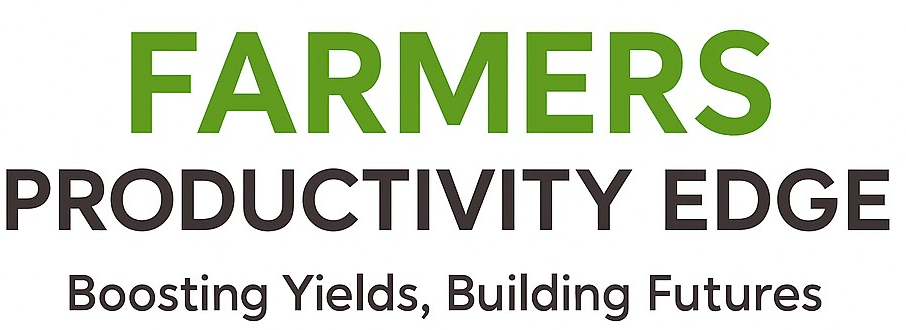IVS and Boli Land Ecology rice cultivation
In rural Sierra Leone, land ownership is vested in the community and controlled by family units. In our Group Economics Model, we work with respective family units, using the cluster methodology to invest in the IVS and Boli Land ecologies, which favours rice cultivation in order to contribute to the bread basket of the nation. Growing rice requires a warm temperature, plenty of water, a fertile soil, which are in good supply in the project areas. Our swamp and Boli Land ecologies are endowed with plenty of underground water resources to facilitate swift development of solar-powered boreholes, enabled by irrigation channels for rice cultivation and livestock farming for at least two harvest cycles in a year.
With an expanded production capacity, and value-chain processing mechanism, the import expenditure of government will now be diverted to our local farming groups to lay a solid foundation for poverty reduction, and the creation of wealth-building opportunities to support social progress.
Nutritional diet products:
Key Livestock farming: Sierra Leone is a net importer of livestock products. According to revealed statistics, we import 80% of poultry, 70% of eggs, 90% of eaten pork meat, a trend we are determined to reverse. Our product lines in livestock farming constitutes large scale development for their nutritional values, which will become a game changer in nutritional resilience.
Snail farming: Snail farming is environmentally friendly, as it requires low resources and contributes little to environmental pollution. It is a growing agricultural venture that has gained popularity due to its profitability, low setup cost, and rising demand for snail meat and snail by-products. As people become more health conscious, snail meat has seen an increase in demand due to its high nutritional value, richness in protein, low fat potentials, and abundance in essential amino acids, iron, calcium, and magnesium.
The growth in health-conscious diets and the demand for collagen-rich products places snail farming in an excellent position for expansion. Snail slime has valuable medicinal and cosmetic applications due to its regenerative properties. It is used in skin-care products for its ability to help with wound healing and skin rejuvenation, and increasingly used in anti-aging treatments; with demand for other snail-based beauty products and pharmaceutical applications growing globally, it opens up other revenue streams to our internal revenue generation strategy, making it a versatile business opportunity for economic empowerment.
Fish and Eggs Production: These are well known primary sources of protein for healthy body growth and resistance to sicknesses. Producing them in commercial quantities in a controlled environment, and under organic conditions will boost the nutritional resilience of the population.
- Addressing Global Challenges in Climate Change
We aim to leverage our participation in addressing global challenges in climate change through afforestation and climate resilient programmes, including climate smart agricultural initiatives in core food projects.
Sierra Leone is fastly losing her forest covers through uncontrolled timber harvesting, bush clearing and burning for upland rice cultivation. The afforestation program will positively impact on wildlife protection and environmental outcomes in the long run.
- Climate Resilient Technology Enhancement
We are programmed to take the entrepreneurial approach to farming, backed by Agri-tech innovations to make nutritional foods affordable, accessible, and available to the population. We will design home-grown adaptable software packages and technologies, including containerized solar-driven cold rooms to enhance food preservation and post-harvest controls, CCTV cameras for farm site security, commissioning solar powered farm potentials to support farm site and reduce fossil fuel use to dampen greenhouse effects on our industrial sites. These technologies will leverage our effort for seamless oversight and administration of programmes.
- Support to Agricultural Cooperative Credit Union Members to Galvanize Trade and Export of Cash Crop Produce.
We will collaborate with a network of twelve (12) local buyer cooperatives, with an initial sustained membership of over 2, 000 farmers to build capacities both technically and financially. Such outcomes will subscribe to a big boost to our financial independence to enable us scale and expand programme portfolios, which will in turn promote the ability of farmer members to increase disposable incomes to enhance accessibility, affordability, and enjoyment of a wide spread of decent livelihood support systems in rural communities. Our preference is to promote high-valued organic processing methods to keep in tune with environmental and health standards as a means of fulfilling world class requirements.

